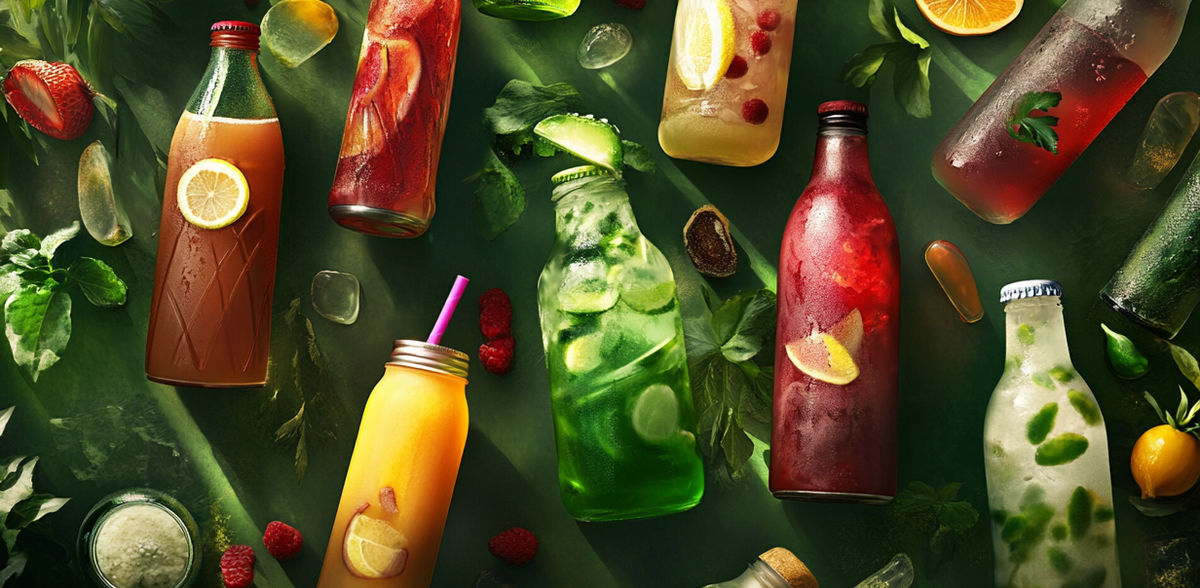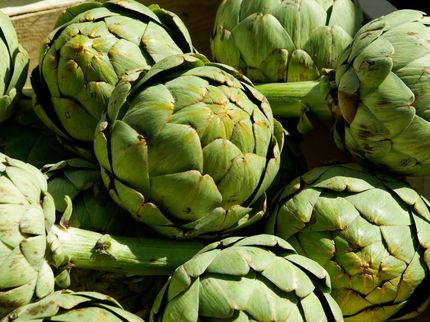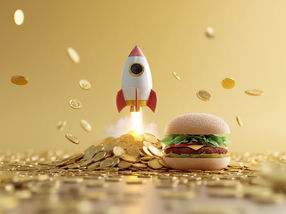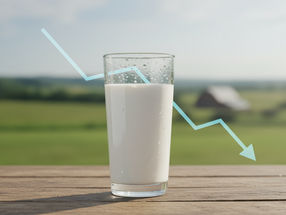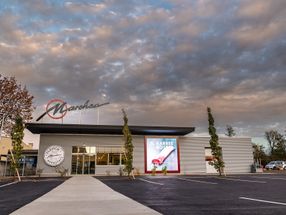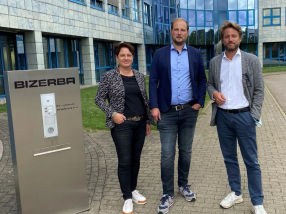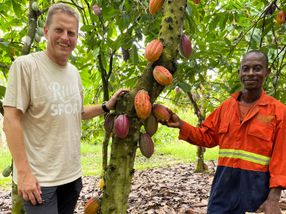Mintel publishes global food and drink trends for 2025
Advertisement
In its new trend report for 2025, Mintel predicts which four trends will permanently change the global food and Beverage Industry in the coming years. In 2025 and beyond, we will see a greater focus on blood sugar levels and hormonal health. Food and beverages will also play a more important role in mental health. There will be more diversification in the sourcing of ingredients. At the same time, we need a humanization of technology because many consumers are concerned about its use in the manufacture, modification and production of food. The food and beverage trends for 2025 are:
- Nutritional values, nutritional values, nutritional values: weight loss drugs such as Ozempic are becoming increasingly popular, changing consumer perceptions. Food is becoming medicine and added functional ingredients are helping to meet daily nutritional needs.
- Rebellion against the rules: Consumers are "perfectly imperfect" beings. They want to break the established food and drink rules and are hoping for support from innovative companies.
- Chain reaction: Supply bottlenecks will occur more and more frequently. The industry must therefore encourage consumers to trust new production methods, ingredients and flavors.
- Hybrid harvests: Food and beverage companies need to show how technology and agriculture can work hand in hand for the benefit of consumers, farmers and the environment.
Nutritional values, nutritional values, nutritional values
With the increasing use of GLP-1 drugs for weight loss, consumers are re-evaluating the connection between nutrition and medicine. From 2025, companies will therefore have to indicate which important nutrients their products contain. Simple information on protein, fiber, vitamin and mineral content will not only appeal to those taking weight loss medication, but also to the majority of consumers who tailor their diet to their individual needs and well-being. We can therefore expect to see an increase in nutrient-rich product innovations to improve health in the short and long term.
Overall, there will be greater acceptance of the collection of personal data. At the same time, consumers will also become more concerned with their blood sugar and hormonal health, as these are crucial to the effectiveness of GLP-1 drugs for weight loss. Increased interest in blood glucose levels could also lead to greater demand for low glycemic index products or ways to monitor blood glucose levels beyond diabetes.
Rebellion against the rules
In our society, our supposed mistakes are becoming more and more accepted. Companies can appeal to the "perfectly imperfect" consumer with innovations that break the invisible but relatively common rules of food and drink consumption. They can give consumers the foods and beverages they really want to consume, not just the ones they should be consuming. When companies jump on this 'rebel' bandwagon, they make them feel understood. And that there are also foods and drinks outside the norm.
In the near future, they can help to break the stigma surrounding certain health problems. And normalize product labels and marketing campaigns that communicate the impact of food and beverages on our mental health. There is also more potential for innovation that 'breaks the rules'. Many food and beverage companies are feeling the pressure to be sustainable, but know that many consumers don't want to spend more for the added environmental value. Innovative companies can create a new norm and bring out products with previously unknown but sustainable ingredients that impress with their unique taste.
Chain reaction
Food prices are rising due to climate-related production difficulties and geopolitical events. Consumers are realizing that even seemingly distant events can have an impact on their diet. In our increasingly fast-paced world, food and beverage manufacturers need to clearly communicate why they need to switch from local to global sourcing for the benefit of consumers. We need cross-industry and cross-national collaborations and scalable technical solutions, but this is not always easy. Consumers are the ones who will feel the effects of these challenges. That's why companies need to have solutions ready.
At the same time, more products will come from other, more reliable growing regions, such as olive oil from Algeria or Peru. Companies can demonstrate the benefits of diversified sourcing, such as a greater variety of flavors. Thanks to social media, travel and immigration, consumers will evolve and become increasingly cosmopolitan.
Hybrid harvests
Increased use of technology in food and beverage production is inevitable to ensure an uninterrupted food supply. However, many consumers are not yet ready for this. In principle, they are open to technological progress, especially if it brings them more convenience. Companies should take advantage of this. They need to show that nature and technology not only complement each other, but can even improve each other.
In the coming years, they should focus on the benefits of technological progress for consumers and emphasize the better taste, better nutritional values or constant availability - and only secondarily point out the benefits for the environment. After all, consumers primarily make purchasing decisions in favor of the added value that directly affects them and is tangible or recognizable to them. In this context, new technologies, especially AI, must be humanized. One example of this is the cooperation between the German juice brand Eckes-Granini and Microsoft. The associated communication measures emphasize the values that are most comprehensible to the target group: the marketing video talks about how the new technology has a positive impact on farmers' everyday lives, not about how it makes production more efficient.
Note: This article has been translated using a computer system without human intervention. LUMITOS offers these automatic translations to present a wider range of current news. Since this article has been translated with automatic translation, it is possible that it contains errors in vocabulary, syntax or grammar. The original article in German can be found here.
